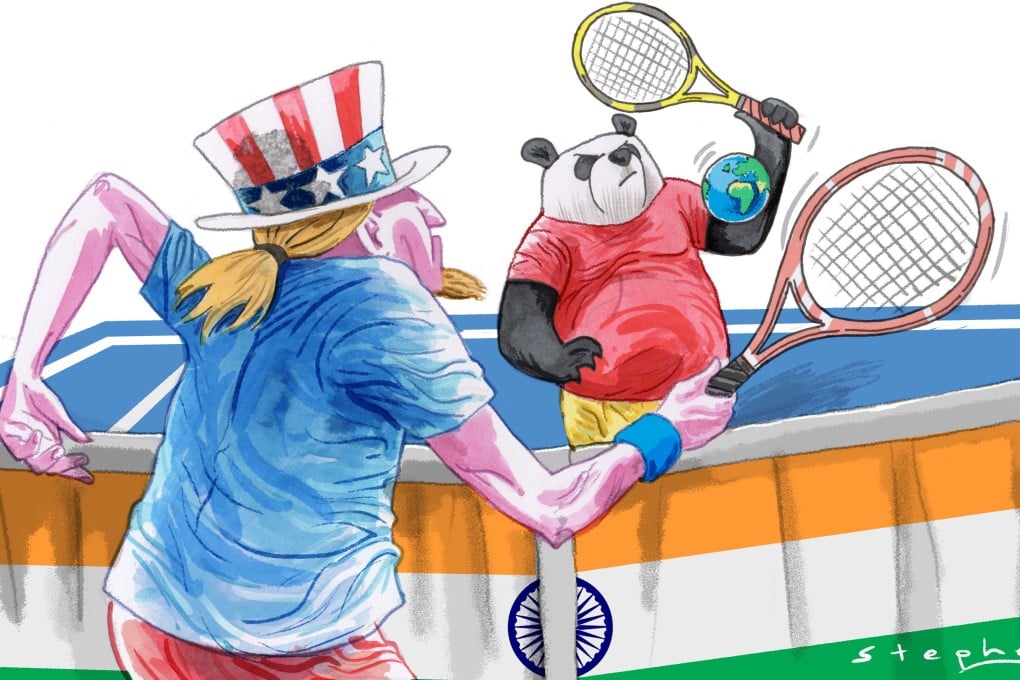Advertisement
Opinion | A wary India remains caught between the US-China geopolitical contest
- As the US marks out India as a major defence partner in the Indo-Pacific and China shows increasing resolve on maintaining its territorial integrity amid its border dispute with India, New Delhi is struggling to maintain its strategic autonomy
Reading Time:3 minutes
Why you can trust SCMP
5

The troubled US-China relationship recently acquired formal articulation through two major policy documents released within a week of each other – first, the US national security strategy report, then Xi Jinping’s report to China’s 20th party congress. Both are comprehensive and aimed at the domestic audience.
Advertisement
As the world’s two largest economies with significant military and technological capabilities, their national strategies are framed against the backdrop of Russia’s invasion of Ukraine – with unsettling US references to “nuclear weapons” and Chinese reference to “local wars”.
A review of the two documents and how the US and China are facing off on critical security issues is instructive in assessing the implications on the evolving global and regional strategic framework.
Among the major nations, India, a swing state of considerable relevance, faces a complex set of exigencies – any substantive change in the US-China relationship in either way will affect New Delhi’s security concerns and aspiration to maintain strategic autonomy.
President Joe Biden prefaced the US report by saying that “China harbours the intention and, increasingly, the capacity to reshape the international order”, while the United States “remains committed to managing the competition between our countries responsibly”.
Advertisement
His administration is continuing along the path charted by the Trump team, in noting that China “is the only competitor with both the intent to reshape the international order and, increasingly, the economic, diplomatic, military and technological power” to do so.

Advertisement
